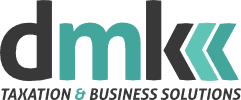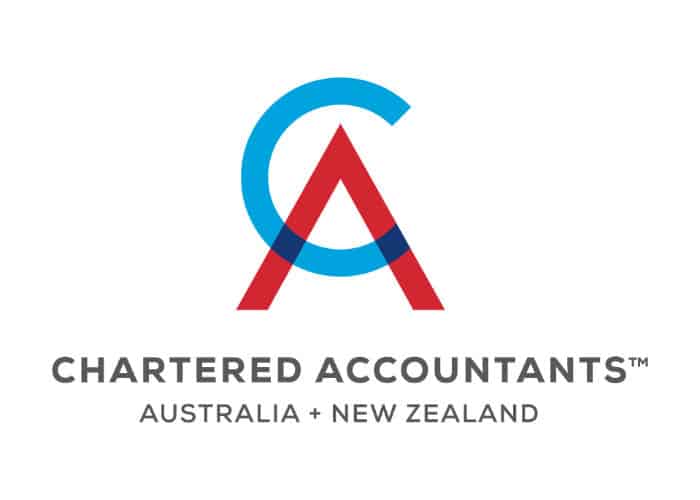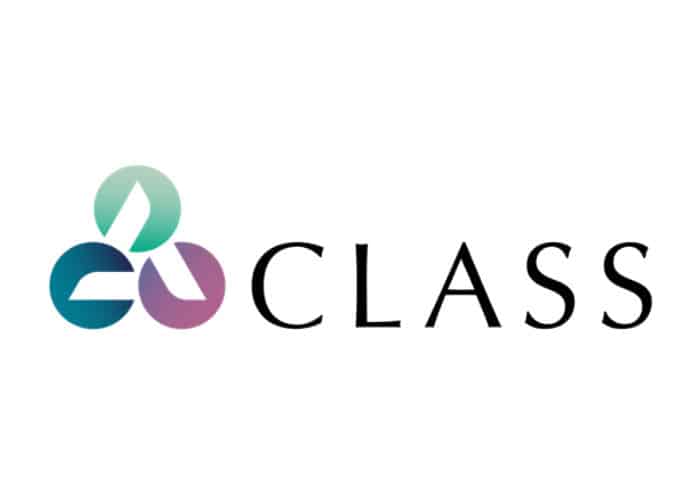Superannuation is money that is put aside for you during your working life and provides you an income to live on when you retire from work. Superannuation, or ‘super’, is an important topic as the more you save the more money you will have when you retire and it could be the difference between living a modest retirement or a comfortable one.
So how do you know if your super is working for you and if you’re on the way to achieving your retirement goals? In this article we have covered some key elements of your super to look out for.
Keeping track of your super
Having multiple superannuation accounts could mean that your paying multiple fees. If you’ve worked more than one job and were happy to go with the default funds then chances are you have more than one super account. As of 30 June 2018, six million people held two or more super accounts. The two methods provided below will help you keep tack of your super accounts.
Providing your Tax File Number (TFN)
The easiest method to keep track of your super is to ensure that your super fund has your TFN recorded, if you are not sure if you have provided your super fund with your TFN have a look at the latest statement that they sent you. Providing your super fund with your TFN will make it easier to keep track of your super, move it between accounts, and receive payments from your employer or the government.
myGov
If you haven’t already got a myGov account, you can create one and link the Australian Taxation Office (ATO). You will be able to see details of all your super accounts, including any you have lost track of or forgotten, combine multiple super accounts into one, and to find ATO held super. ATO held super is super held by the ATO on your behalf when the government, your employer, or your super fund can’t find an account to transfer your super into.
Insurance within super
The most common of all personal super insurances is life insurance held within superannuation funds. More than 70% of Australians who have life insurance hold it through their super. Typically, super funds offer three different types of insurance:
- Life cover (or death cover) – pays a lump sum or income stream to your beneficiaries when you die or have a terminal illness.
- TPD insurance – pays you a benefit if you become seriously disabled and are unlikely to work again. It is often bundled with life cover.
- Income protection insurance (or salary continuance) – in the event that you are unable to work due to a temporary disability or illness this cover will pay you a regular income for a specified period of time (e.g. could be for 2 years, 5 years or up to a certain age).
Knowing what insurances you do and do not hold within your super is important to ensure you have an adequate amount of cover or you may be paying premiums for too much cover. How much and what cover you need, along with the pros and cons of holding insurance within super vs outside, is an extensive topic. If you are unsure where to start contact your financial adviser.
To find out what insurance you have in your super, the amount of cover and premiums your paying you should contact your super fund.
Beneficiaries
Do you know what will happen to your super when you die? When a person dies, the super fund will pay a death benefit to the nominated beneficiary. If you super fund allows, you can nominate a beneficiary to receive your super after you die. If you make a binding nomination to nominate one or more dependants, or your legal personal representative, then your super fund will make out the death benefit to your nominees. A non-binding nomination allows the super fund to use their discretion to either pay in accordance with the nomination or pay to the deceased’s legal personal representative. If you die without making a nomination then the fund my either use their discretion to decide which dependent(s) the death benefit is to be paid to, or they will make the payment to the legal personal representative.
For more information please go to the ATO website – Super death benefits.
Asset allocation
You may have heard the term ‘asset allocation’ used in reference to how your super is invested, but what does it actually mean? Money within a portfolio is invested in into one or more asset classes, for example cash, fixed interest, property, Australian shares and international shares. Each asset class has its own expected return and risk so will perform differently depending on the economic conditions at the time. By investing your money in more than one asset class, i.e. diversifying, the overall risk of your portfolio will reduce.
Most super funds will let you choose how your money is invested, either by ‘investment strategies’ or by specifying your own asset allocation. Many ‘investment strategies’ follow the lines of:
- Conservative – lower risk but smaller returns. A good choice for those who can’t afford to gamble with their super such as those close to retirement.
- Balanced – a mix of safe and risky assets classes. A good choice for someone who wants higher returns with less risk.
- Growth – designed for maximum returns but has higher risk.
To find out how your super is invested, have a look at your annual statement or contact your super fund. It can be tricky determining if your current selection is suitable for you and is working towards your goals or if you need to make changes to increase the likelihood of achieving your super goals. If you would like assistance contact your financial adviser.
It can be challenging to know where to start to determine if your super is working for you towards your goals and objectives. Are you with the most appropriate super fund for you, do you know how many super funds you’re with, will your super go to your chosen beneficiaries when you die, are you protected in the event of an illness or disablement?
If you would like assistance on where to start please do not hesitate to contact us at DMK.





